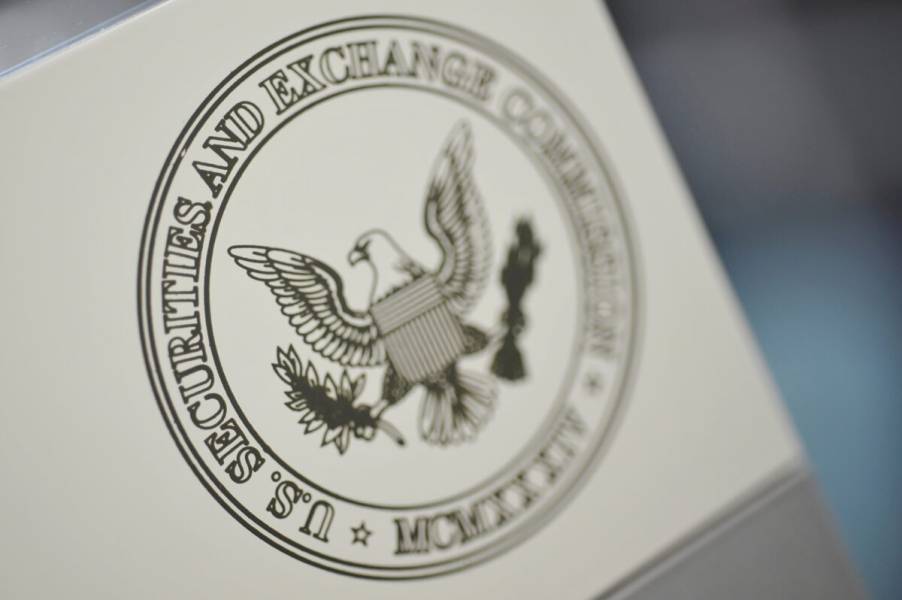- A recent regulatory development in the United States mandates certain high-speed traders and hedge funds to undergo registration as dealers.
- The Securities and Exchange Commission (SEC) introduces rules compelling firms designated as dealers to enhance transparency regarding their positions and trading activities.
- These firms are now obligated to maintain sufficient capital reserves to support their respective deals.

In a landmark move to fortify the stability of the $26tn Treasury bond market, the Securities and Exchange Commission (SEC) votes in favor of a new rule that will subject high-speed traders and select hedge funds to direct supervision.
The three-to-two vote in Washington reflects a significant departure from the traditional oversight landscape and aims to address vulnerabilities exposed by recent crises. The rule mandates that high-speed traders and specific hedge funds register with the SEC as dealers, signaling a shift from the market’s historical dominance by banks.
This regulatory overhaul responds to the evolving dynamics of the Treasury market, where non-bank entities, particularly high-speed traders and hedge funds, have become pivotal players. Post the global financial crisis, regulatory changes increased the cost of Treasury trading for mainstream lenders, paving the way for alternative players. The SEC’s new rules seek to bring transparency to firms designated as dealers, requiring them to disclose positions and trading activities while maintaining capital reserves to support their deals.
Recognising the absence of adequate regulation for high-frequency and hedge fund traders, the SEC emphasised that “investors and markets were lacking crucial protections”.
This rule represents an important step in increasing regulatory oversight of the world’s most significant bond market, responding to concerns about stability heightened by the crash in March 2020. In the wake of this incident, the Federal Reserve intervened to stabilise the market.
The final proposal from the SEC has undergone adjustments following opposition from hedge funds. The initial expansive definition of a dealer was scaled back, with the SEC retaining the authority to designate firms on a case-by-case basis. The quantitative threshold, which initially targeted firms trading more than $25bn of Treasuries monthly, was dropped in favor of new qualitative requirements.
This latest SEC move aligns with Chair Gary Gensler‘s broader agenda to reform the multitrillion-dollar Treasury market, building on previous initiatives to enhance risk management, such as the adoption of a landmark rule in December requiring more Treasury bond trades to be cleared centrally.
With this, the SEC continues to play a pivotal role in shaping the regulatory landscape of the US financial system, focusing on mitigating risks and ensuring the resilience of critical markets.
HedgeThink.com is the fund industry’s leading news, research and analysis source for individual and institutional accredited investors and professionals








